Sara Ashencaen Crabtree & Jill Davey
For the first time in April 2013 BU hosted the SOCNET International University Week (IUW). This is a high profile international event held rotationally at host European universities drawn from across the 19 Higher Education Institution (HEI) members of the SOCNET community. This important annual event brings together a wide range of European academics and students with an interest in social work and social welfare.
It also provides an opportunity for HSC Social Work and Sociology & Social Policy students to interact with international academics and accompanying European students with educational, cultural and social aims in mind. During the IUW a busy series of workshops and lectures are offered based on a particular chosen theme, to which both academics and students contribute as pedagogic peers. Learning through active scholarly participation is the pedagogic approach that has proved very popular and successful over the years.
The theme of each IUW, alongside other organisational business vital to the continuation and the expansion of Erasmus SOCNET initiative, is managed at each host university in the month of October. Consequently, the Centre of Social Work, Sociology & Social Policy was proud to host this year’s organisational event, represented by HSC Erasmus Coordinator, Jill Davey, and Sara Ashencaen Crabtree, Deputy Director of the Centre.
Attendees included academic representatives from across the SocNet-work at St. Pölten University of Applied Sciences, Austria; School of Social Work, Leuven, Belgium; University College Lillebaelt, Denmark; Hochschule Bremen – University of Applied Sciences, School of Social Work, Germany; Ernst-Abbe Fachhochschule University of Applied Sciences Jena, Germany; Department of Social Science and Care Social Work and Nursing Management, University of South Bohemia, Czech Republic; Faculty of Social and Health Studies, Telemark, Denmark; University College, Department of Social Studies, Faculty of Health and Social Studies, Hanze University of Applied Sciences, Groningen, Netherlands; Humak University of applied sciences, Finland; University of Malaga, and finally, Bournemouth University.
A highly productive and sociable set of meetings took place over the course of several days, where, alongside discussing the European Masters in Social Work (where a UK partner is currently being identified for collaboration), the issues of venue and theme for this year’s International University Week were discussed. Since then invitations from the following four universities have been issued to academics and their students across the SOCNET community to attend the IUW (April 20th – 24th 2015) hosted by four international HEIs:
- University College Lillebaelt – Department of Social Work. Theme: Trends in social work in the year 2015.
- Ernst-Abbe Hochschule, University of Applied Sciences Jena. Theme: Diversity and Innovation in European Social Work and Welfare States.
- Telemark University College – Department of Social Studies. Theme: Diversity in Social Work.
- Hochschule Bremen. Theme: Methods and Methodologies of Social Work – Reflecting Professional Interventions.
While the IUW clearly emphasises teaching and learning initiatives, together with internationalisation, the research element has been less publicly evident; although scholarship has always fed into the programme through the synergies between education and research.
However, over the past few years BU has altered the SOCNET landscape and is influencing the development of future trends here; where BU academics advocated for the need for high quality publications to be developed from the important lectures and workshops being annually produced in the IUW events.
Accordingly BU input has been instrumental towards developing robust academic output, which also serves to meet the BU Fusion agenda and KPIs. Thus, from the 2012 IUW at the University of Malaga, which carried the theme of ‘Active Ageing’, Professor Maria Luisa Gómez Jiménez and Professor Jonathan Parker developed the first edited SOCNET publication under London publishers, Whiting & Birch’s innovative social science monograph series, ‘Critical Studies in Socio-cultural Diversity’.
Following fast on the heels of this success, in 2013 Dr Sara Ashencaen Crabtree, proposed and developed the second edited volume from the BU event. Moreover, in Volume II, and in keeping with the sprit of SOCNET, strong chapter contributions have featured from students from Bremen and BU (Samineh Richardson neé Hall, BA Sociology & Social Policy and PhD candidate, David Galley).
The next SOCNET publication will be forthcoming from the IUW held at Hochschule Bremen under our esteemed colleague, Professor Christian Spatscheck and colleagues. This will continue an exciting precedence, first initiated and supported to-date by BU under the Centre for Social Work, Sociology & Social Policy; a fact that we are quietly very proud of.
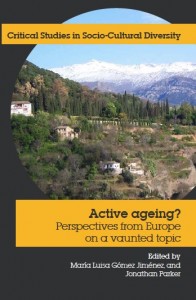
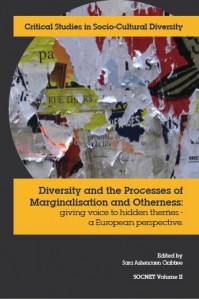

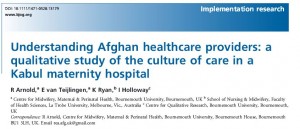




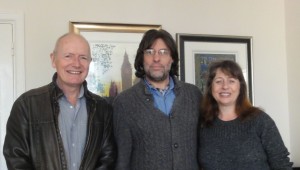

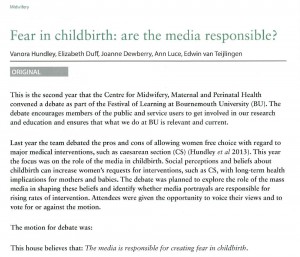
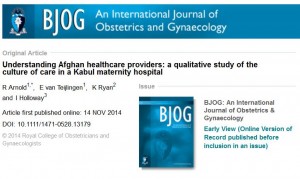


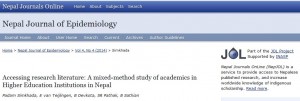








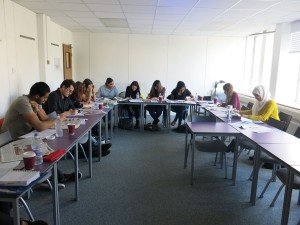











 Fourth INRC Symposium: From Clinical Applications to Neuro-Inspired Computation
Fourth INRC Symposium: From Clinical Applications to Neuro-Inspired Computation ESRC Festival of Social Science 2025 – Reflecting back and looking ahead to 2026
ESRC Festival of Social Science 2025 – Reflecting back and looking ahead to 2026 3C Event: Research Culture, Community & Cookies – Tuesday 13 January 10-11am
3C Event: Research Culture, Community & Cookies – Tuesday 13 January 10-11am Dr. Chloe Casey on Sky News
Dr. Chloe Casey on Sky News Final Bournemouth University publication of 2025
Final Bournemouth University publication of 2025 ECR Funding Open Call: Research Culture & Community Grant – Application Deadline Friday 12 December
ECR Funding Open Call: Research Culture & Community Grant – Application Deadline Friday 12 December MSCA Postdoctoral Fellowships 2025 Call
MSCA Postdoctoral Fellowships 2025 Call ERC Advanced Grant 2025 Webinar
ERC Advanced Grant 2025 Webinar Horizon Europe Work Programme 2025 Published
Horizon Europe Work Programme 2025 Published Update on UKRO services
Update on UKRO services European research project exploring use of ‘virtual twins’ to better manage metabolic associated fatty liver disease
European research project exploring use of ‘virtual twins’ to better manage metabolic associated fatty liver disease